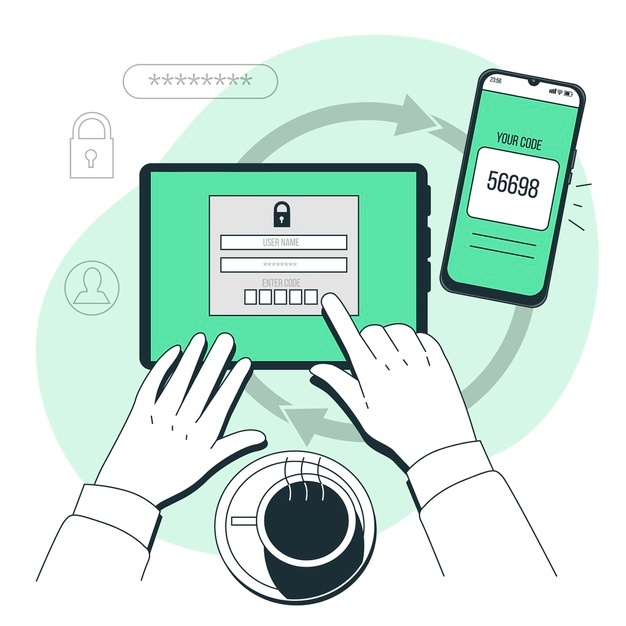
What is Email Phishing and How To Protect Your Information?
Phishing attacks don’t only grow in numbers but also in innovation. Make sure not to compromise your security level, especially in digital spaces. Successful phishing crimes can lead to fake account creations, ruined identities, and massive loss of money.
Creating an unphishable security key and learning how to recognize different types of phishing can become your strong email phishing protection.
What is Email Phishing?
Phishing is a fraudulent practice where an online con artist impersonates a legitimate entity to send deceptive messages to trick a user into divulging private information or provide access to the attacker to deploy malicious malware on someone’s system. Most phishing attacks are done via email.
Email phishing is one of the easiest and most popular methods of cybercrime that steal information such as login credentials, credit card details, social security numbers, or phone numbers.
How Does Phishing Occur?
Phishing happens as a user responds to a fraudulent email, especially those that require immediate action. Typically, a phishing email demands the following:
-
update a password
-
open an attachment
-
use a new wi-fi hot spot
-
enable malicious macro files in a Word document
-
allow a social media connection request
Other Types of Phishing
Aside from email phishing, other types of the most pervasive phishing include:
-
Spear Phishing – This is a highly targeted and well-researched attack that focuses on specific individuals or groups within a company or organization.
-
Malware Phishing – Using the same scheme as email phishing, this form of phishing asks its targets to click a link or download an attachment to install malware on the device or system.
-
Link Manipulation – This attack encourages a user to click a link that will lead to a fake website designed to seem legitimate and then asks the victim to confirm or update their account credentials.
-
SMS Phishing/Smishing – Often assisted by malware or fraud websites, this SMS fraudulent sends malicious short links to smartphone users.
-
Vishing – Also known as voice phishing, this type of phishing uses a voice message or a phone call claiming to be tech support from an organization that asks for sensitive data such as bank details or credit card numbers.
-
Search Engine Phishing – This attack involves the hackers creating fraudulent websites and having them indexed on search engines often to get direct payments or steal identities.
-
Pharming – This is a more sophisticated type of phishing where hackers reroute legitimate web traffic to a fraudulent website by targeting the domain name system (DNS), making the user’s personal information vulnerable to theft.
-
Clone Phishing – Through this phishing attack, the attacker clones and re-sends a legitimate email that you’ve recently received from an authentic sender using a seemingly credible email id. The cloned email can be accompanied by malicious content such as a link or attachment, which when clicked will lead to the installation of malware to your system.
-
Man-in-the-Middle – In this phishing, the hackers involve themselves between legitimate conversations or data transfer of two unsuspecting parties.
-
Malvertising – This cyberattack injects malicious content into online advertisements to spread malware.
How Can Yubico Prevent Phishing?
Phishing attacks evolve along with the advances of technology. Weak electronic security can make you or your entity vulnerable to phishing attacks and other cybercrimes. Yubico’s U2F Security Key and YubiKey deliver robust and cutting-edge security to your digital domain.
Since they make any login bound to the origins, the keys will only authenticate legitimate websites while failing fake sites. FIDO U2F’s token biding prevents man-in-the-middle attacks by securing the connection between the browser and the service. Some of the toughest security keys by Yubico require a human touch as a verification.
Yubico’s high-quality authentication solutions are easy to use and deploy as well. Security Key NFC by Yubico offers superior defense against phishing attacks and account takeovers. Other speedy and reliable electronic securities include YubiKey 5 NFC , YubiKey 5Ci , YubiKey 5C NFC , YubiKey 5 Nano , and YubiKey Bio.
Want strong protection for both traditional and modern phishing attacks? Yubico is a global leader and pioneer for authentication standards for the modern web.
Should you require our services, call us at +63 2 8858 5555 today!








